
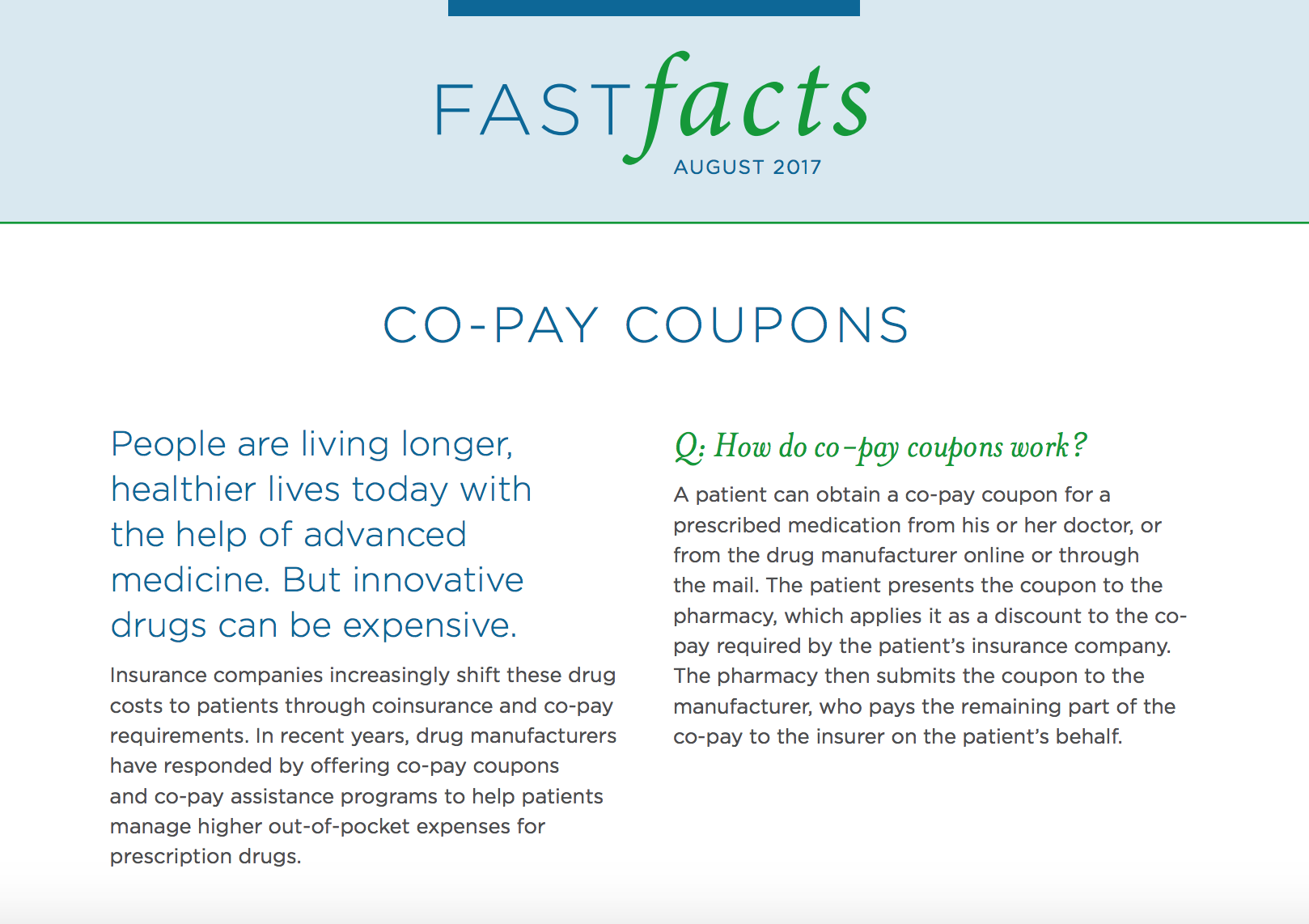
August 2, 2017
Are coupons that help patients afford their co-pays a help – or a hindrance – in the age of innovative but costly prescription medications? A new “Co-Pay Coupons” Fast Facts from the Institute for Patient Access explores why coupons and co-pay assistance programs remain a source of debate – and how they impact patients’ ability to access the medication their doctor prescribes.

July 28, 2017
Most all of us know someone living in a long-term care facility – a friend, a former neighbor, a family member. But not all may be aware of a recent debate about the use of a certain type of medication – antipsychotic medication – for seniors living in these facilities.
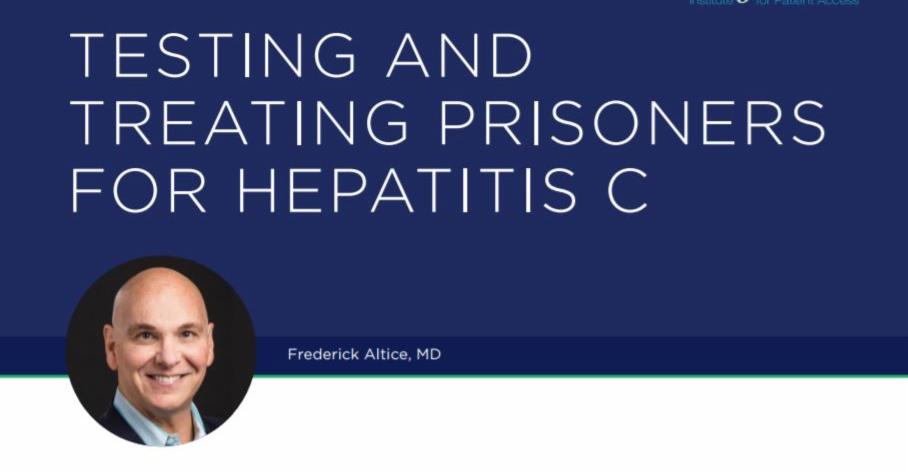
July 27, 2017
Nearly one in five Americans with hepatitis C spends time behind bars each year, making the prison system an opportune environment to test and cure potential transmitters of the disease.
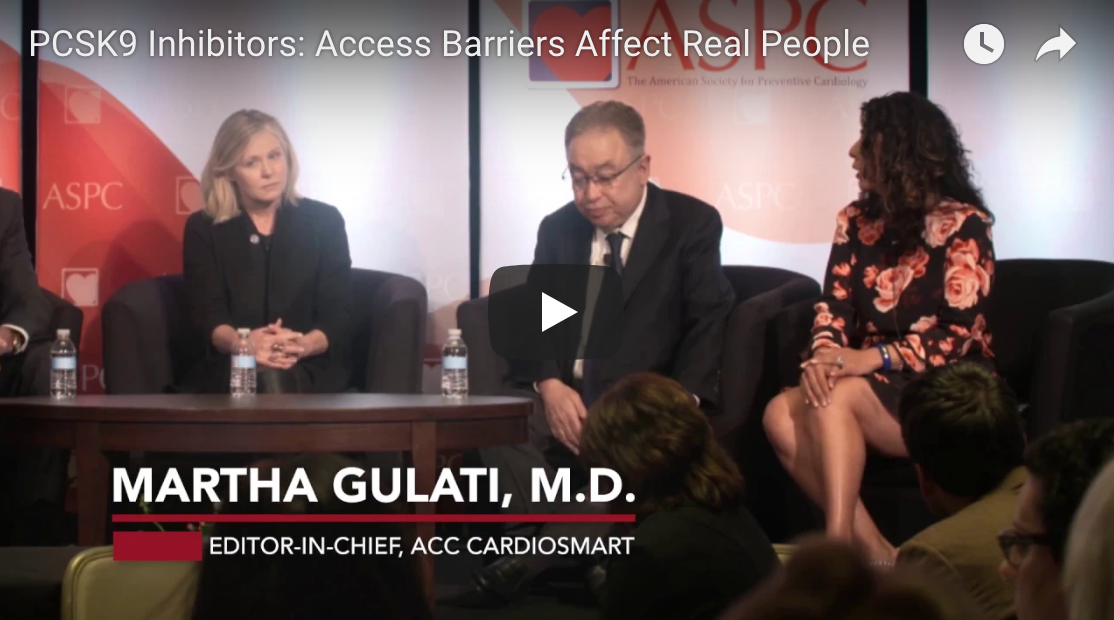
July 25, 2017
Accessing innovative cardiovascular drugs may soon get harder.
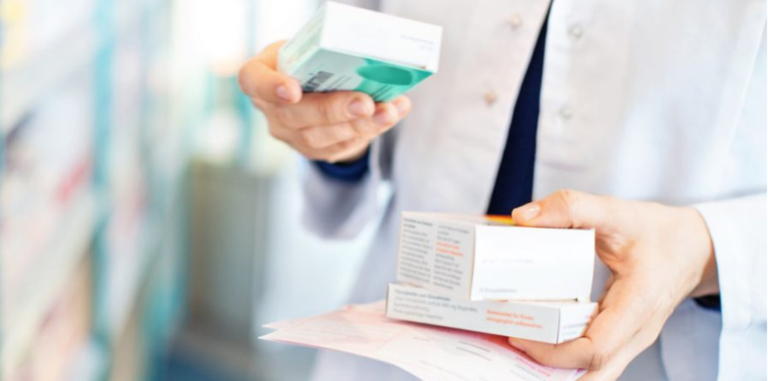
July 20, 2017
Health plans often use different levels of cost sharing to drive patients toward one medication over another. But is this practice fair, ethical or effective in producing positive outcomes for patients? The answer, according to a recent National Pharmaceutical Council webinar panel, all depends.
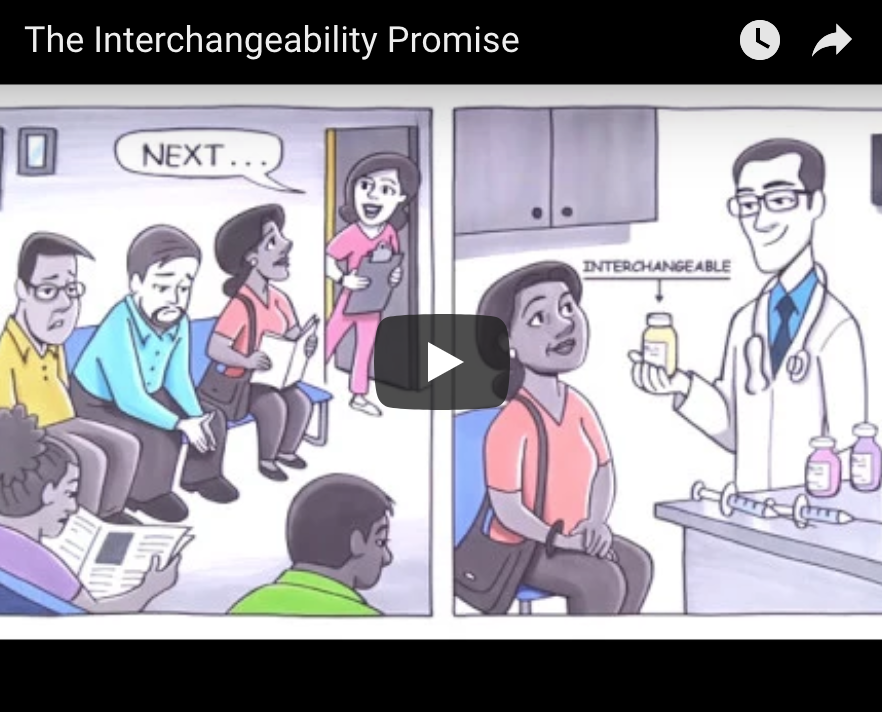
July 17, 2017
Do coverage decisions aim to offer patients more treatment options – or drive patients to non-identical drugs based on cost alone?

July 11, 2017
It’s been over a year since the launch of former vice president Joe Biden’s Cancer Moonshot, designed to spur innovation and encourage collaboration on finding cures for cancer. So now, patients, physicians, researchers and policymakers are pausing to ask: Are we any closer?

July 6, 2017
Long-awaited treatment for a movement disorder known as tardive dyskinesia could remain out of reach – unless an upcoming cost-effectiveness analysis acknowledges its value to patients.
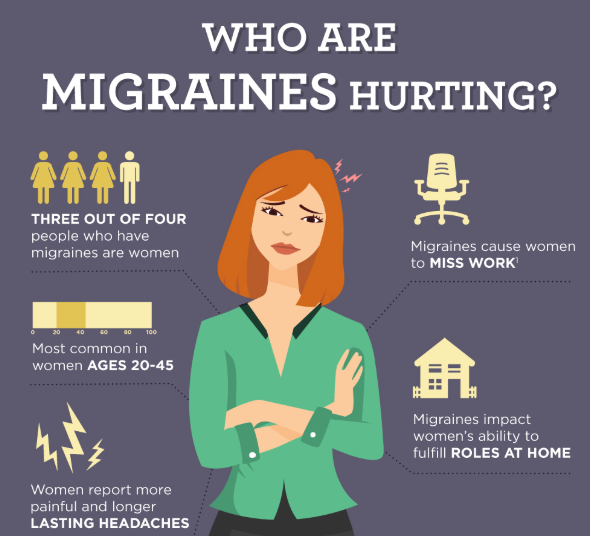
June 29, 2017
Some wore shades, others “showed purple.” But advocates across the board used June’s Migraine & Headache Awareness Month to draw attention to a condition whose patients face debilitating symptoms and far too few treatment options.
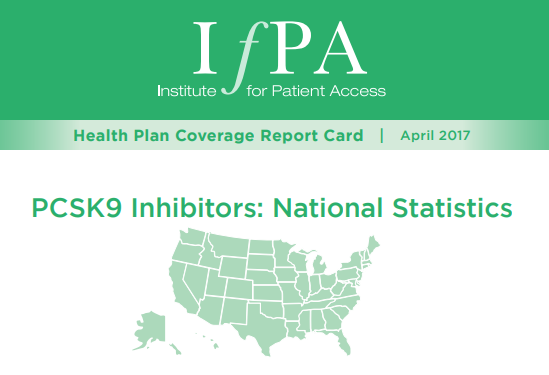
June 26, 2017
Health plans across the country are rejecting prescriptions for cholesterol-lowering PCSK9 inhibitors at an average rate of 43 percent. And now one patient advocacy group has a message: Enough is enough.












